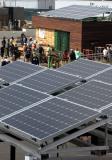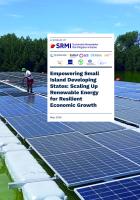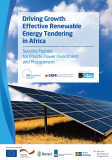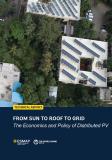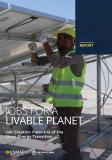Publications
Small Island Developing States (SIDS) are a distinct group of 39 UN Member States and 18 Non-UN Member States that can be found across the globe. SIDS make up slightly less than one percent of the world’s population with an aggregate population of 65 million people. They face unique social, economic, and environmental challenges, and are typically geographically remote. SIDS economies tend to have a strong dependence on tourism with over 80 percent of SIDS having more than 40 percent of GDP directly linked to tourism. Most SIDS lack diversification in their economies which further exacerbates their exposure to economic shocks related to tourism. Their small population size and an isolation from international markets, implying high transportation costs, make them vulnerable to exogenous economic shocks while their fragile land and marine ecosystems make SIDS particularly vulnerable to the impacts of climate change. These challenges are compounded by limited institutional capacity and scarce public resources, which have become even scarcer in the aftermath of the COVID-19 pandemic. This study delves into the distinctive features of SIDS countries concerning their transition to renewable energy with a focus on utility scale projects.
ESMAP. 2024. Empowering Small Island Developing States: Scaling Up Renewable Energy for Resilient Economic Growth. © Washington, DC: World Bank. http://hdl.handle.net/10986/41678 License: CC BY-NC 3.0 IGO.
